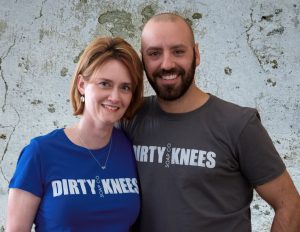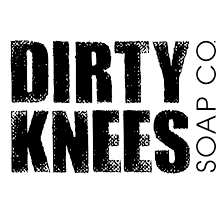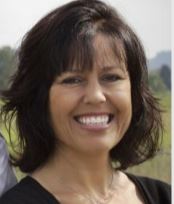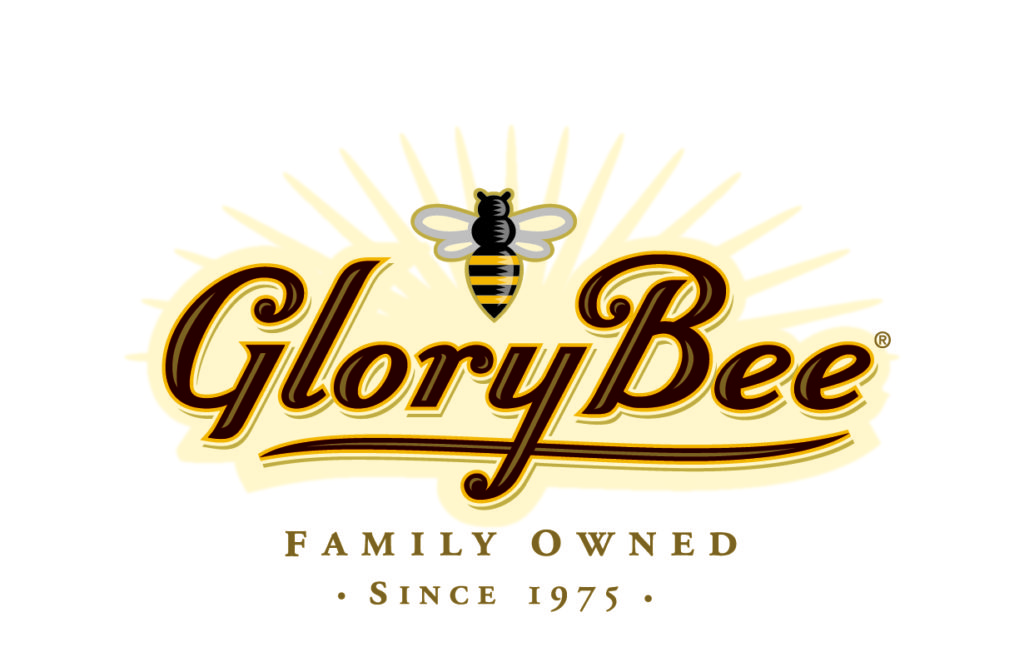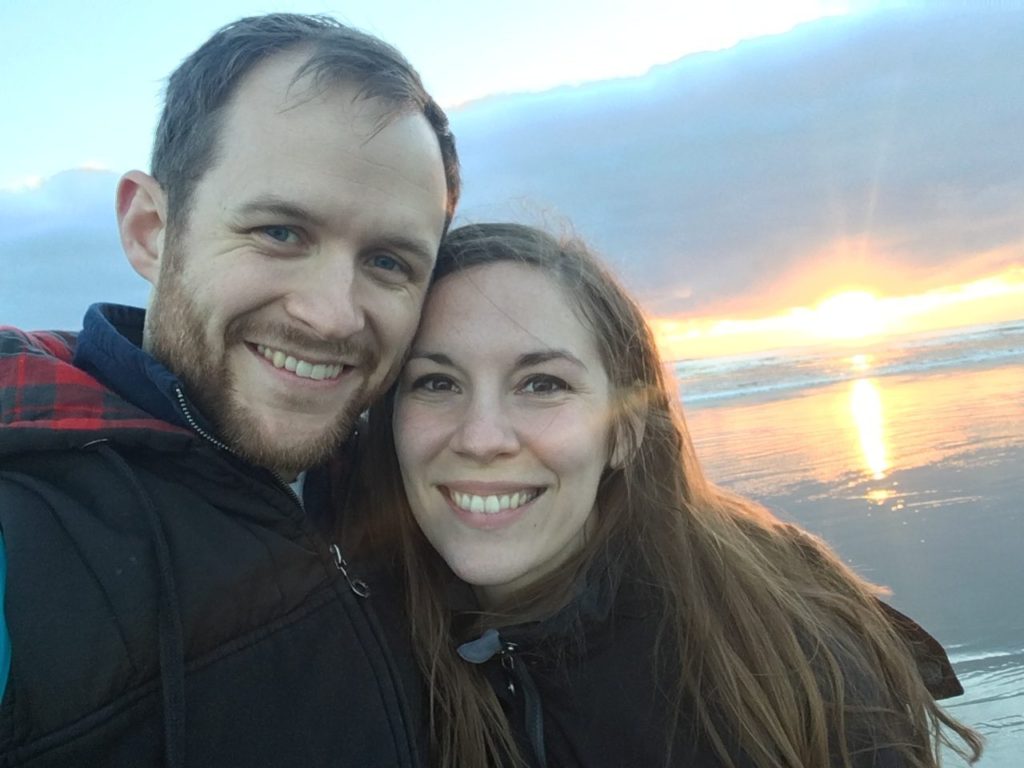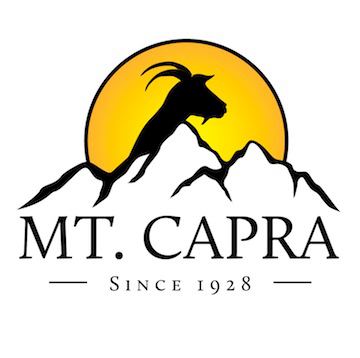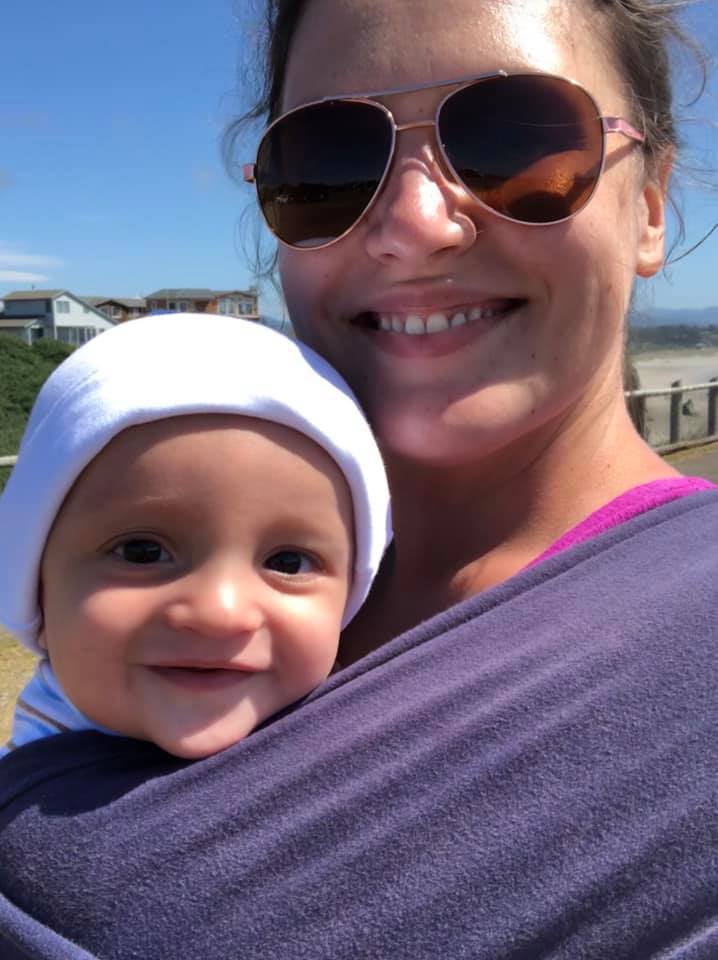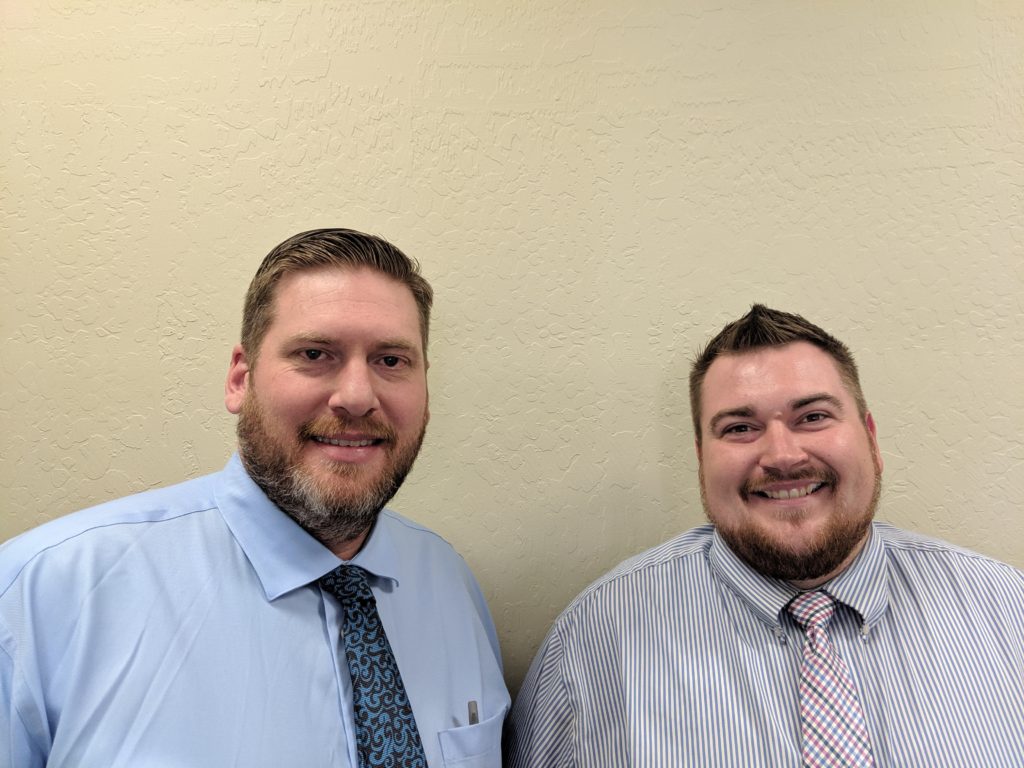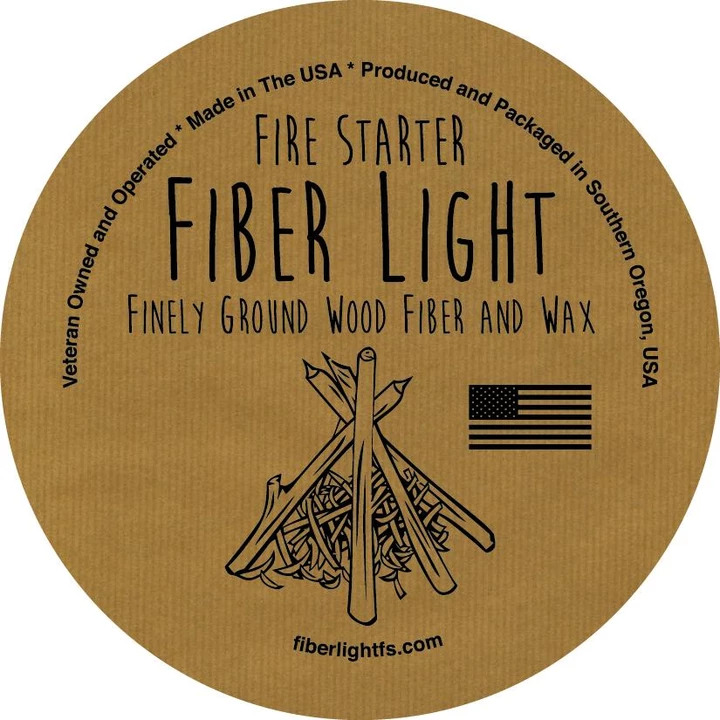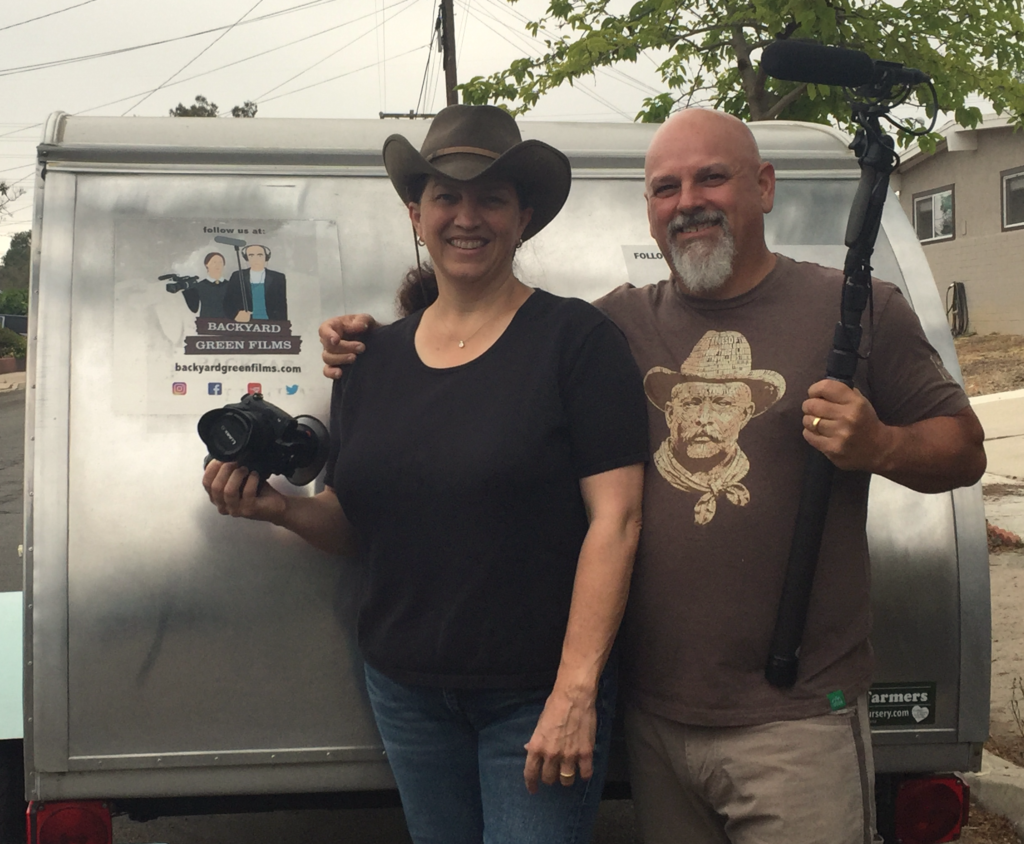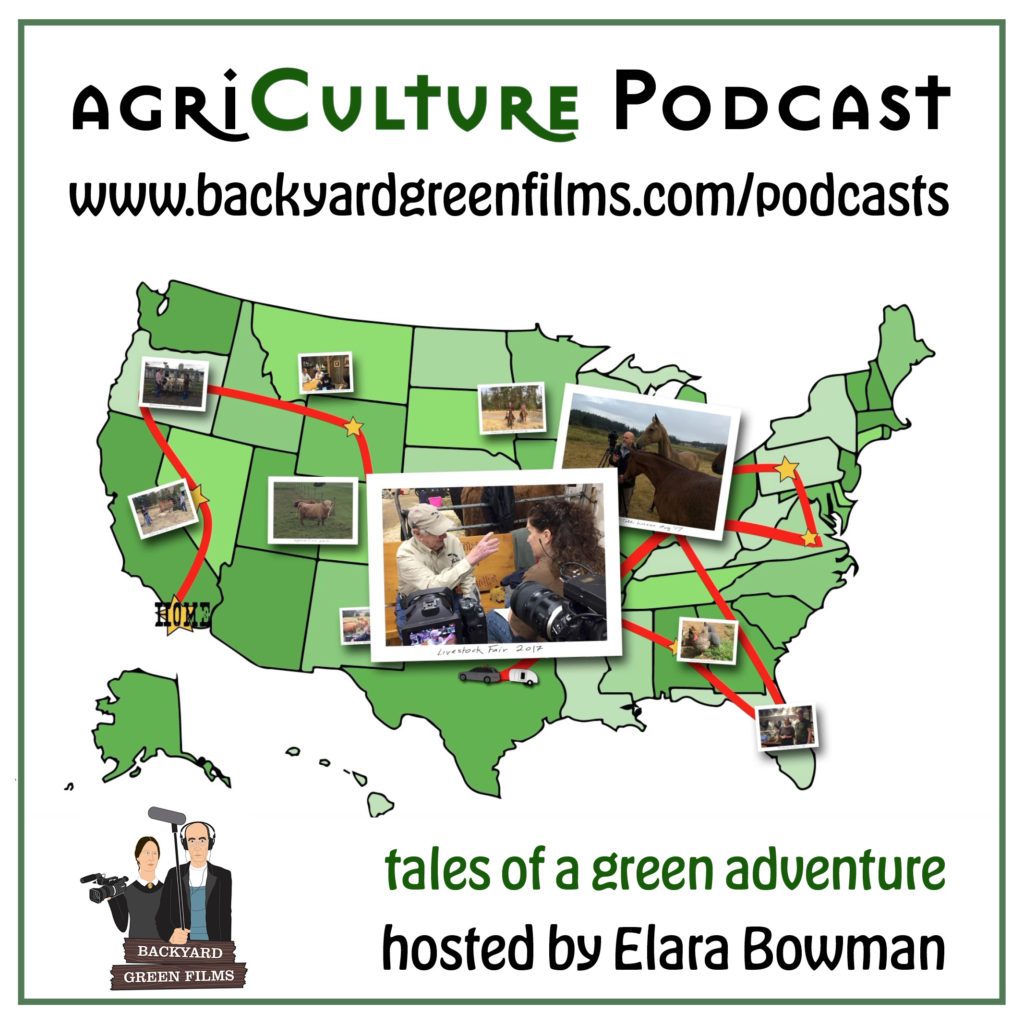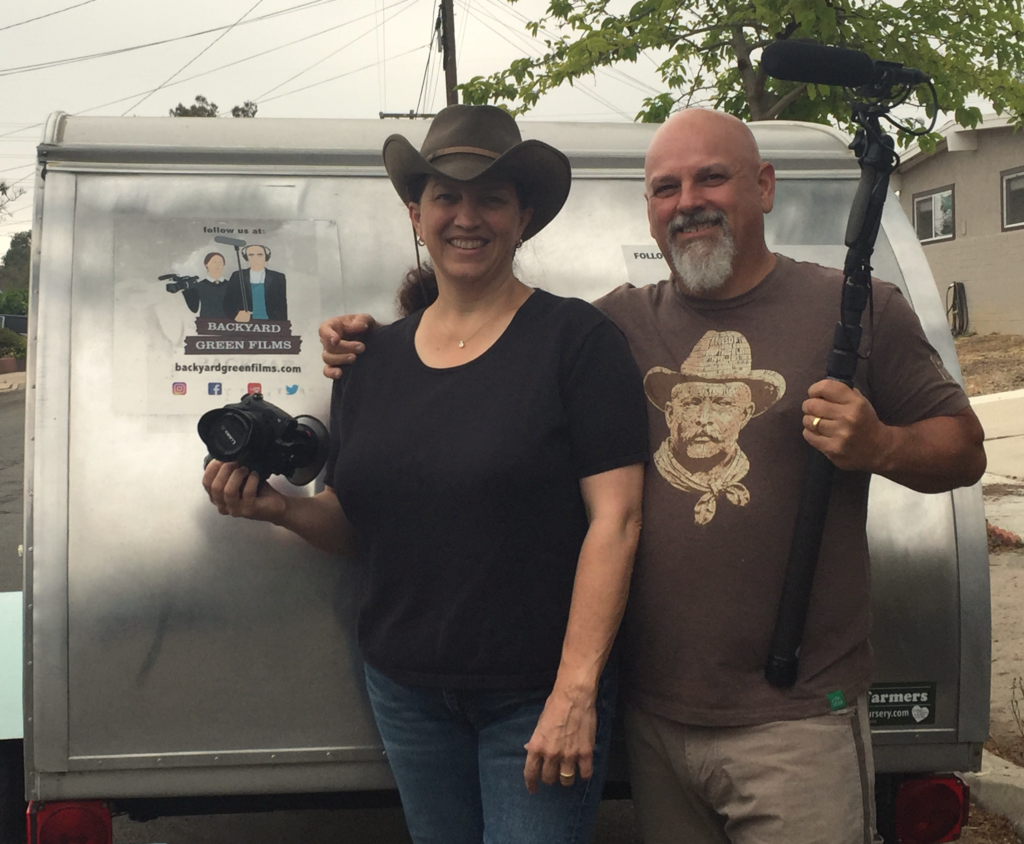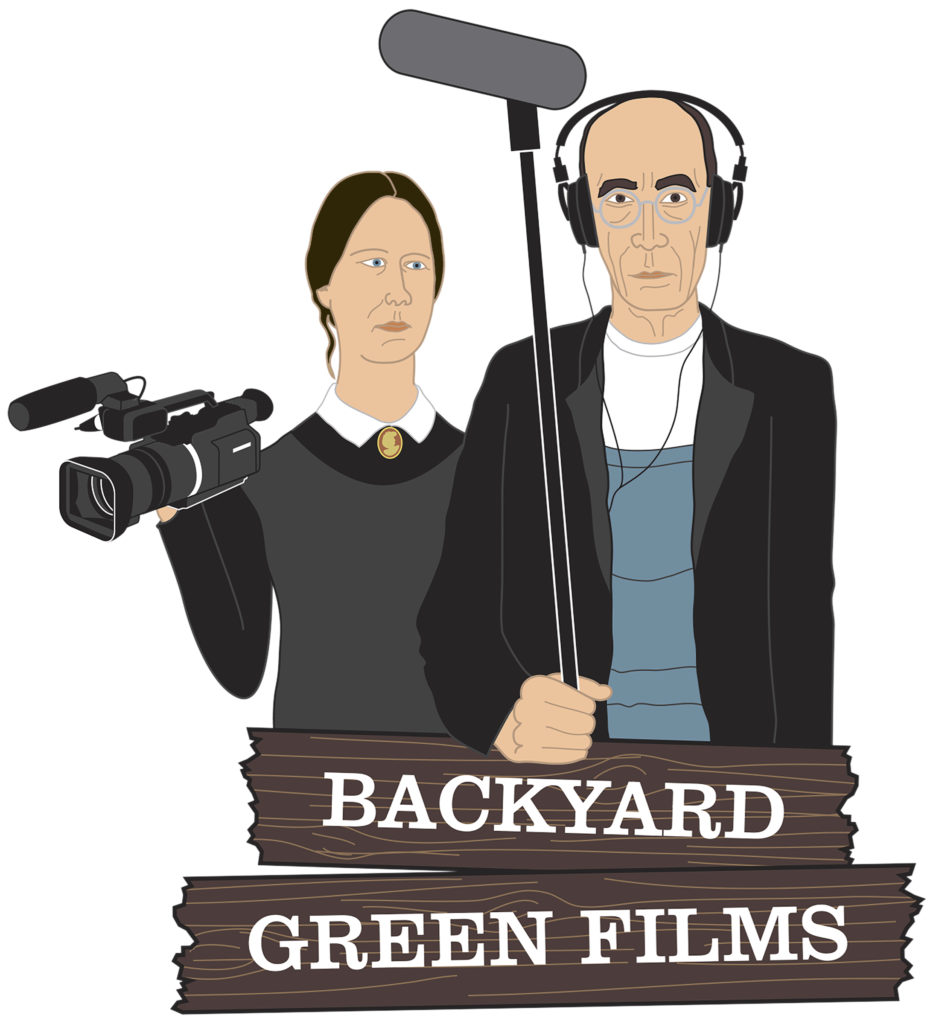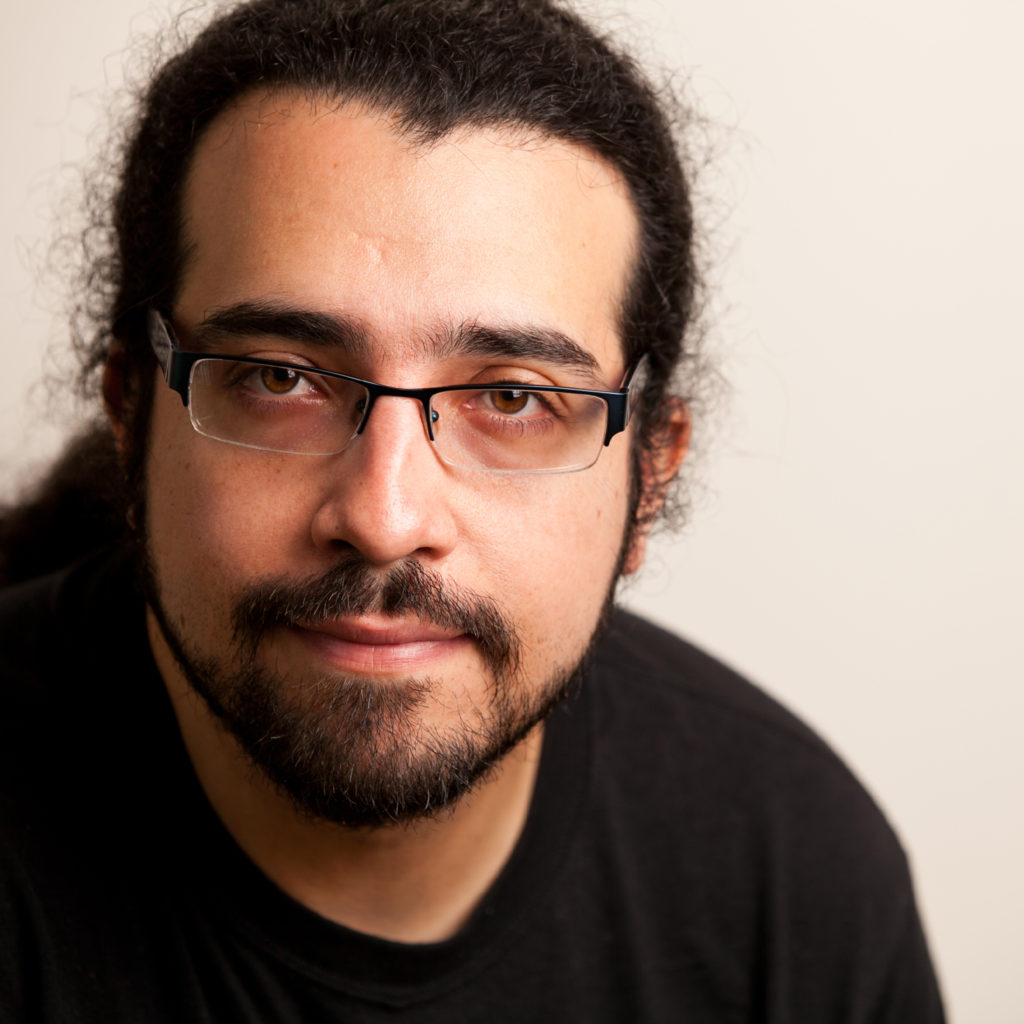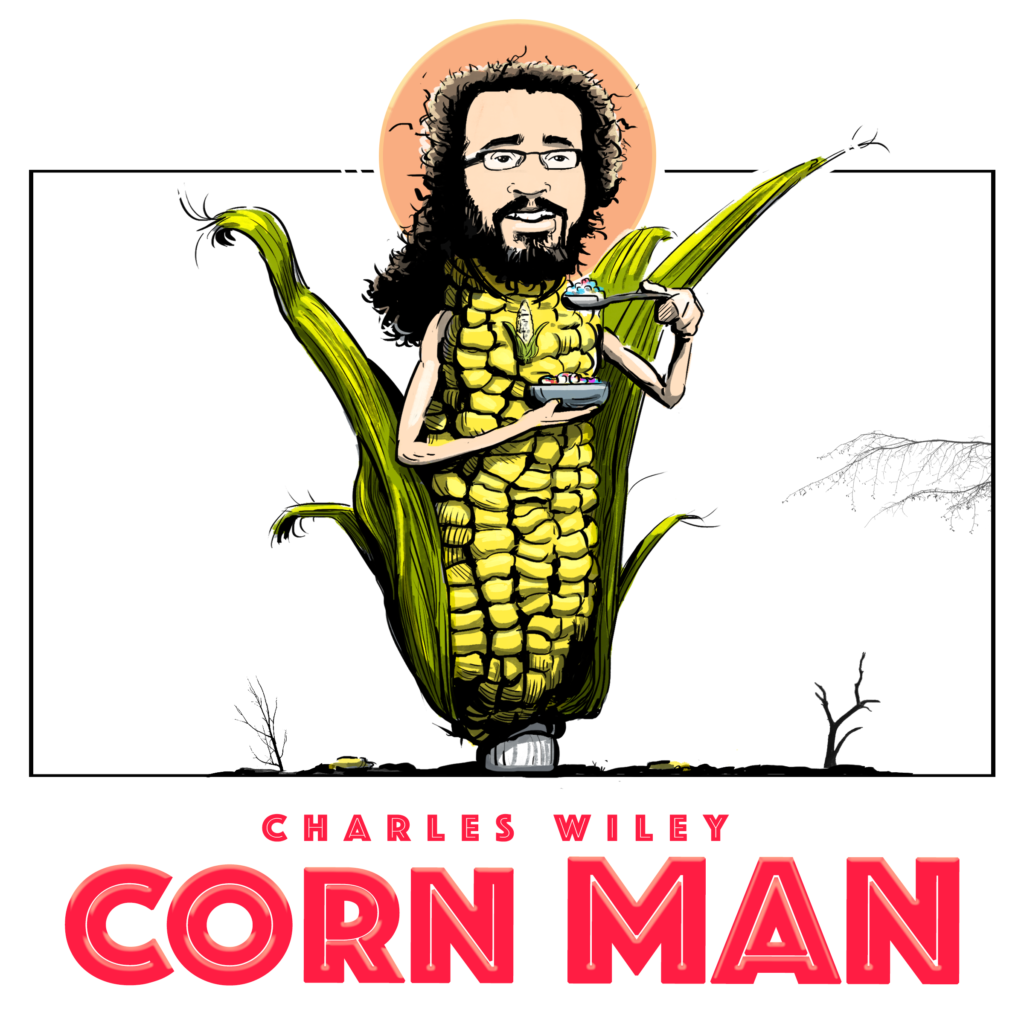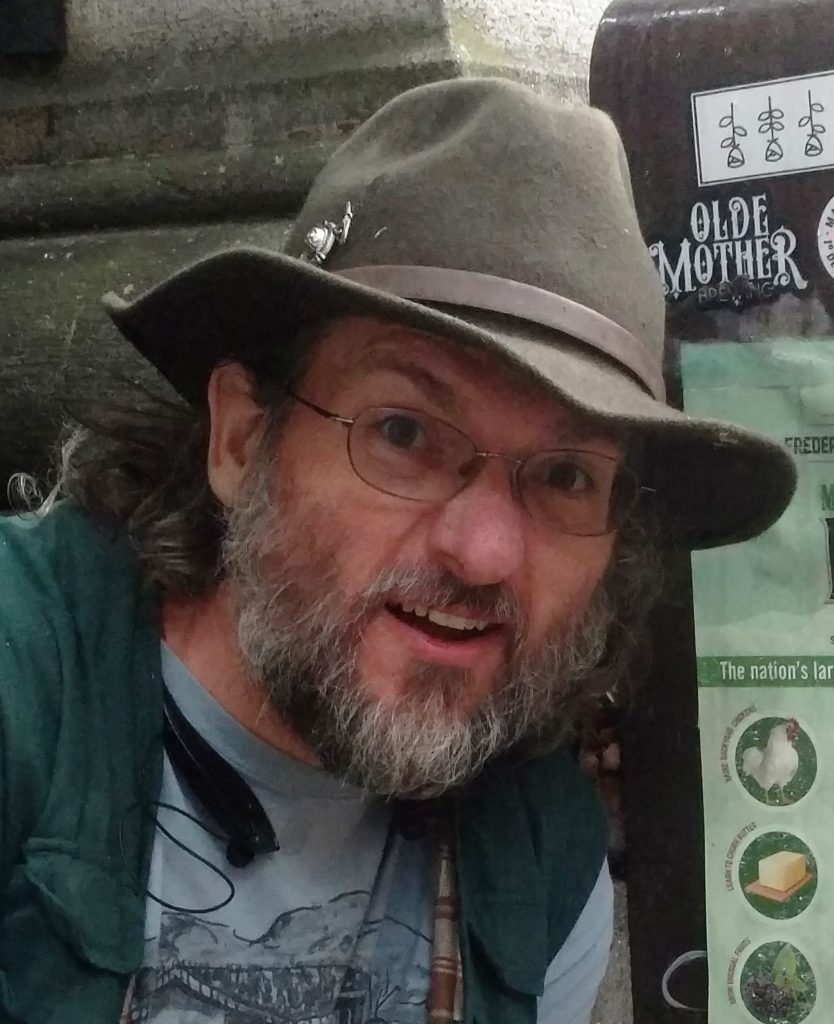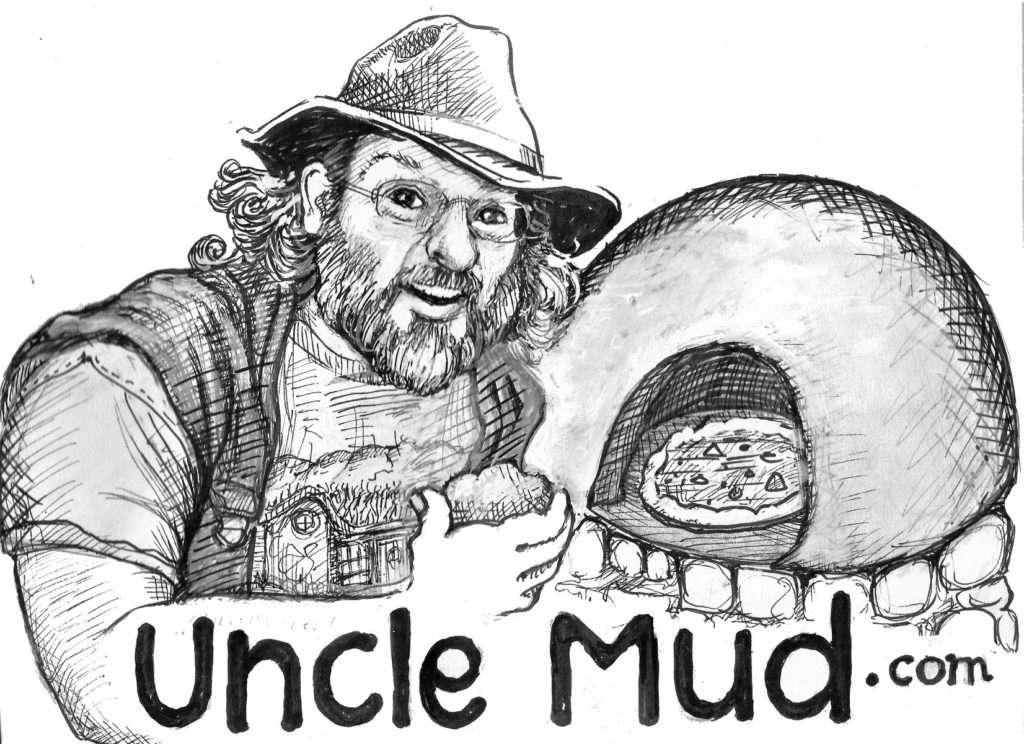Podcast: Play in new window | Download
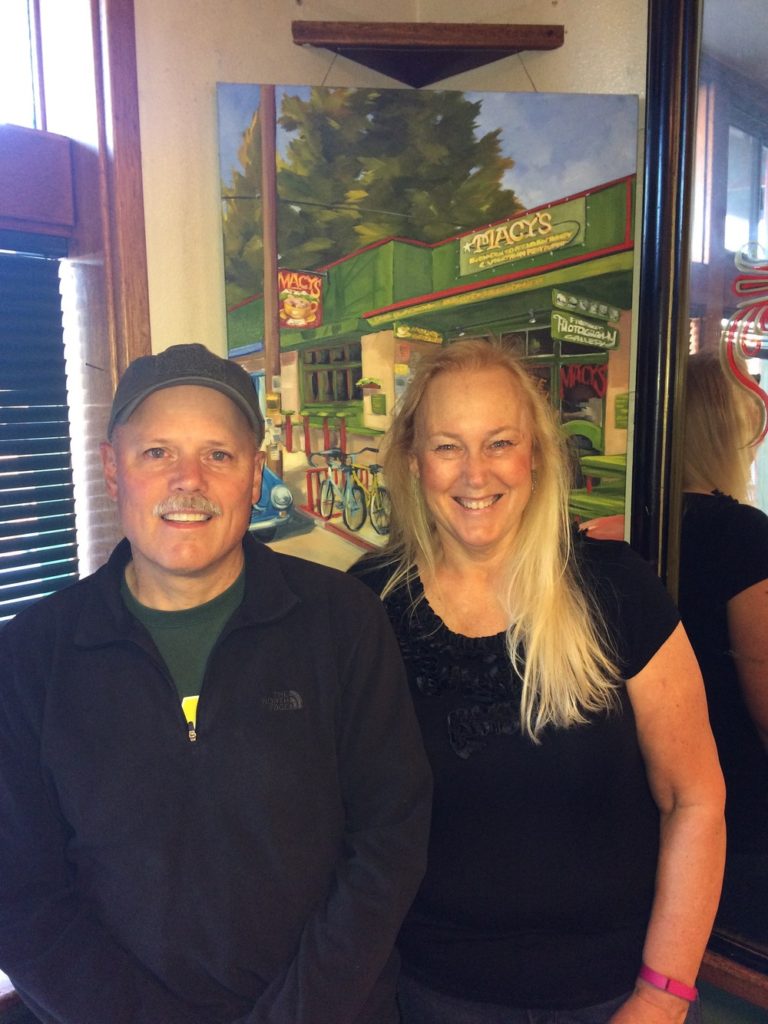
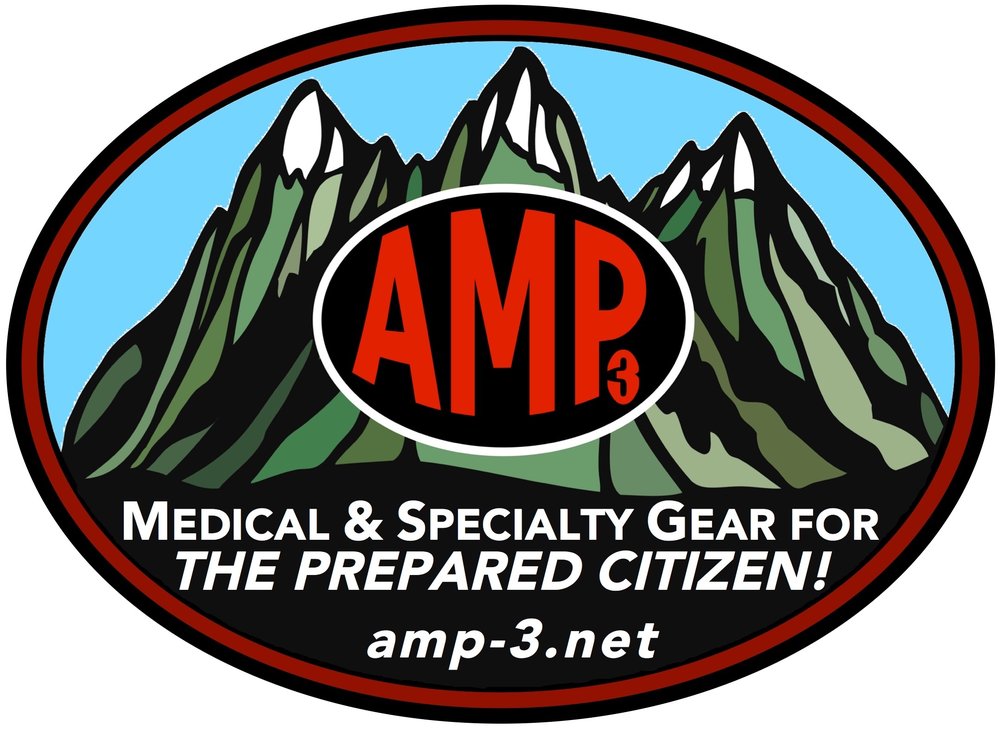
Episode 31.
When it comes to your business, what are you good at, and what do you need help with? Are you ACTIVELY searching for help?
In this episode David and Beth Pruett discuss with host Brian J. Pombo all the highs and lows of building an “accidental business.” When their first product became a run-away seller, they inadvertently found themselves in the growing world of eCommerce.
A load of live events, rampant customers and a hugely popular YouTube Channel later, David and Beth are looking to take their website and business to the next level.
What do they recommend for growing businesses? Listen Now!
- Find out more about David, Beth and AMP-3: https://www.amp-3.net/
- Checkout David & Beth’s YouTube Channel: USNERDOC
Beat out your competition – EVEN if it’s Amazon.com: https://brianjpombo.com/amazonbook
Full Transcript
Beth: David and I have always had the theory that we are not here to sell you something. We want to teach you something, from day one. If we don’t sell anything, that’s fine. If you learn a skill and can take that home with you, that is more important to us than us selling you a product.
Podcast Intro: If you’re someone who refuses to go along to get along, if you question whether the status quo was good enough for you and your family.
If you want to leave this world better off than you found it and you consider independence a sacred thing. You may be a prepper, a gardener, a homesteader, a survivalist, or a farmer or rancher, an environmentalist or a rugged outdoorsman.
We are here to celebrate you whether you’re looking to improve your Maverick business or to find out more about the latest products and services available to the weekend rebel.
From selling chicken eggs online, to building up your food storage or collecting handmade soap.
This show is for those who choose the road less traveled the road to self-reliance for those that are living a daring adventure life off the grid.
Brian: Welcome to the Off The Grid Biz Podcast, I’m Brian Pombo.
What you’re about to hear is part two, in a two part interview series that we’re doing with David and Beth Pruett, owners of AMP-3.net and host of the YouTube channel, USNERDOC.
The first conversation went deeply into the life story and background and what drew them both into the arena of emergency preparedness and true emergency preparedness. Not just the prepper stuff that you see on TV, but really preparing for specific emergency situations.
It’s very interesting. If you did not get a chance to listen to it and make sure and go back and listen to that part one first, you could get that over at offthegridbiz.com.
This is part two.
In this one, we focus much more into the details of their business and what makes it work, what they’d rather be doing better in their business, and we go into some of that, although we mainly focus on the areas that they’re wanting to improve in.
But David and Beth’s frankness and openness about where they’re at and where they want to be was really refreshing.
Great to listen to and I hope it will help you to develop where you want to take your business to.
Now let me set the scene. This is a second interview that took place months after the first interview.
This time we did the interview from inside of their new camper trailer that they call Liberty. You get to hear a little bit of the back and forth of them referring back to Liberty.
They’re talking about where we’re sitting right there.
So have a listen, enjoy and I’ll be back on the other end to discuss some of what I got out of the conversation.
Brian: When you first started putting kits together, what were you thinking was going to happen?
What actually happened?
David: The first thought was that we would build 10 and that would be good for a year. That was because we had put a video out on how to make kits including a downloadable PDF.
At that point I wasn’t even thinking about making that a document that we could start a business and download a document, collect an email, start developing an email list so it was free on YouTube, download the PDF of the IFAK (Individual First Aid Kit).
Now start thinking about another video.
Beth: And it’s still on there, it’s still on our YouTube channel.
David: But we get so many quests like, where do I buy that kit?
Instead of, oh, I’m going to go build my kit. Thanks for putting that out.
How do I buy that kit?
Long story short, Beth said, you know, we should make some kits and put them online and see what happens.
So we made 10 and it was a huge struggle to build 10 weeks. We had to get all the little pieces and it was fairly expensive to do and we built 10 kids.
Beth: Back then you were shrink wrapping everything.
David: Vacuum packing everything. Everything was vacuum pack, so we did all of that.
Made little red tear seals, they’re very labor intensive and I thought, okay, we may 10 of these and their going to last a year. And the website, we made a little funky website and literally sold them that day, gone.
Beth: We sold in an hour.
David: We were out and about, I don’t know how long,a short period of time, but the website, we didn’t know, kept selling kits, just kept selling them.
We turned the website off, and took a breath and said, okay, what do we do here?
We built more kits, satisfied all of that and then made a decision, do we want to start a business?
Beth: Then you thought, well we should build 25 and see how it goes. Because we weren’t really ready to start the business yet.
David: I said, oh that’s all my YouTube buddies buying kits, yeah. But as fast as we can build these kits, we’d sell them.
Beth: Yeah. And it was at that point that we thought we would start a website and we really had one kit that was, that was it. Then David’s like, well we should probably add like a blood stopper to it.
Because David was in the military, and you did you use those in there? In the Navy.
David: Yeah.
Beth: Then we had two kits. So we had the bloodstopper and we had the IFAK (Individual First Aid Kit), and then we added the EDC, the everyday carry. And we had three for a while.
David: We went to gun shows. That was the big thing is just set up a little table at gun shows. My first show that I did was CPAK, for Ham radios.
I had a little table and I had…
Beth: Little white tubs.
David: I had little white tubs that I got from the hospital.
They were basically throw away tubs that all the flushes for IB and the tech’s would just like save piles of these and then they would discard them.
So I looked at those and thought, oh, I could use those for organizing bins.
My table at CPAK was a little foldable. I think it was a four foot table, four foot table, but like you get at Costco, whatever the company is,
I didn’t even have a drape on it, just the table. I had a whole bunch of these little white tubs with a little postcard tape to it and this is this, this and this.
It was very rudimentary, but it was successful.
Beth: But you sold out!
David: But we sold out and then I started doing gun shows with my first partner who were not in business anymore. It just didn’t work out.
Beth and I have been business partners ever since that time. We travel all over doing gun shows, Nevada, Tulsa.
Beth: People would travel to come and see us. It was just kind of like interesting because David USNERDOC (Youtube Channel), so people would come from Texas and kind of all over, especially to Tulsa.
David: Very humbling thing to have people travel and come and visit and take a look at our products was I think rewarding and very humbling.
Beth: And we have great, great friends because of going to the gun shows. When we go to Reno we have friends there and we go to Tulsa, we have friends there and then we started doing preparedness shows.
David started teaching suture classes, so he teaches a wound care management suture class and classes have been like kits.
We started off with one class and one of the shows asked us if we do any classes and a friend of ours that we kind of do shows with said, oh here’s the thing you need to do.
Beth: You have to do classes.
David: Do a class and it helps your sales at the show.
We watched her, she sells a Texas Ready (Lucinda Bailey), but sells seed banks and she would do a class, and the entire class would get up and follow her in mass, like ducks right over to her booth.
We always go out to dinner with her and she said, hey, you guys need to come up with a class.
So driving home we kind of talked about what can we do and we thought, because I’ve taught suture classes in the military. I said why don’t we just do a suture class?
I didn’t think about how complex that would be individually, not with the support of the military. Sure enough, a show asked us, do you do classes? And we said sure we’ll do a suture class.
Beth: Well they called us because another company was scheduled to do classes and Vinny said I’m in a panic and a pinch, and I need to see if you can come and teach that suture class.
We were kind of already on our way to the show, because it was in Missouri.
So I told David, you’re going to have to teach this suture class.
David: I’m literally typing the class as we’re driving to Missouri.
Beth: And I’m ordering supplies to ship to the hotel to get to Missouri. Then I asked Vinny, I said, here’s the list that I need you to get. And he did. He went and got everything else we needed and we taught 40 farmers.
David: They came in wearing their, literally, overalls, muddy boots, dirty boots, you shake their hand and it’s like, oh you work for like living.
Beth: We also taught the Amish and that was really, really cool. That was kind of our first introduction to the preparedness industry and teaching classes.
David: In those days we taught suture classes with frozen pig’s feet and we taught that way for, I would say two years?
Beth: No, only a couple of shows.
David: Really. I thought it was more.
Beth: On we only did a few shows with the pig’s feet.
David: It was always hard to get the pig feet in the right sort of thaw. Get them to thaw enough that you can suture on, but not so frozen that you can’t.
And not so unthawed that they’re kind of yucky.
Then all the stuff had to be collected and sterilized because you know, it’s just not clean after doing that.
Then everybody had to work gloves and that’s how we taught classes in the military was on pigs feet or sometimes we would get a hide and lay the whole hide out on on a table and people would come around and that was a big old smelly thing that you’d roll up and discard.
So we finally graduated to artificial skin and then we started giving the kits away that included the artificial skin so people go home and practice.
It was an evolution. So one class led to another, just like one kit led to another. I think now we have six or eight classes that we can do.
Brian: I think I understand this, but just for the people listening, can you explain why, as somebody that’s already going to one of these shows, what’s the advantage of putting on a class?
Beth: There’s a couple things. We get to showcase our products to a customer.
And David and I have always had the theory that we are not here to sell you something.
We want to teach you something, from day one. If we don’t sell anything, that’s fine. If you learn a skill and can take that home with you, that is more important to us than us selling you a product.
David: If someone wants to buy something from us, they’ll buy something. It was a way for us to showcase things, but it was a venue to share and teach.
Like one of the classes we do is sort of a MacGyver approach to wound care out in the field. And like people will buy like for instance, a SAM Splint at REI, or Sportsman, or wherever.
Most people have never taken it out of the package and used it. So how do you use it and then what are the MacGyver things you can do to sort of make it even more useful?
We do demo on tourniquets and trauma dressings. You know, I always ask how many people have one of these? And I hold it up and all the guys raise your hand, oh I’ve got one of those.
Then I say, how many have actually used one and then all the hands would go down, except maybe one or none.
So I said, you know, it’s not helpful to have one if you’ve not used it because if you actually need to use this, that means something bad happened and now you’re doing something that requires a little bit of forethought and some hands on and you’ve never done it.
We would bring people up from the audience and take out a tourniquet, take out a Israeli trauma dressing and put it on and then have them put it on me or have them put it on somebody else.
Then they walk away going, oh I know how to do it. Now I know how to use that.
Because a lot of those guys would have it in their range bag, but they’ve never taken one out to use it. I say, don’t buy one from me, here’s how you can go to Walmart with a couple of buddies and buy maxi pads, ACE wrap.
How to put together your own trauma dressing for, I don’t know, it was like five bucks. You can do that. So that kind of was a fun class to teach people how to do that stuff.
Beth: Well, and then we started getting into Ham radio. David was on the disaster committee at the hospital and they were offering a Ham radio class.
David: I forgot. Are you a ham radio operator?
Brian: No.
David: Oh, you got to do that. I think every guy that’s somewhere n your bucket list. Right, I want to be a Ham radio operator and I’d always wanted to do that and just never had done it.
One of my techs who’s the lead Ham radio operator in our system, would call me and I’m always, my schedule’s weird and I’d always be working.
She called on a weekend and said, hey, we’re doing another Ham radio class if you’re free, you know, come and attend. And it was free.
The hospital was putting these classes on to get Ham radio operators. So if we had a disaster, we’ve got this sort of sideline communication group that can keep the hospital communications up and running.
Sure enough, I didn’t have anything going that weekend and I went and took the class and literally changed my life.
Beth: Because you really….I mean you’ve talked to the space station 33 times and the people that you meet.
David: It just opens up this whole room in the world if you will. And if you’ve got a radio in your vehicle, if you’re traveling, you’re like a microphone away from getting help or whatever.
Beth: And then Matt and I went and got our Ham radio licenses. It just kind of made sense that we should be talking and teaching
Ham radio but also selling Ham radios. And so we started our whole line and that promoted us being contacted by the prepper project.
The proper project happened a few years ago. They were looking for experts in the field.
David: In various fields.
Beth: Yeah. 20 different categories or something. And David was the medical.
David: So that was the first time we ever did anything like that. They wanted video and area of expertise. And so I made a little home video in our kitchen on trauma dressing in a tourniquet or something, and it was very well received.
Some people just went on for like 40 minutes with like a PowerPoint slide throwing on the same tone of voice like this and a slide going on.
Beth: Yours was the number one video.
David: It wasn’t because of me, but mine was the only like dynamic video. You know, people have an attention span of like a gnat.
If you’re listening to a monotone with slides going like this, I remember the Navy when they did that, people would, not often you have to stand up and go in the back of the room.
I made a like a real video and it was well received and that ended up being a little door for us to do videos on medical stuff. And then also radio, because we would do a radio class at prepper shows.
They said, can you do a Ham radio class?
Well, if you’re a Ham radio operator, you can’t do like a one hour class and it’s not useful for him. Ham radio is a very complex subject at least to get into.
So I said I’m happy to do class introduction to Ham radio, but also communication for preparedness. What’s the menu of things that you can look at?
We talk about scanners, shortwave radios, FRS, GMRS and Ham radio. And I brought all that equipment and we lay it out on two tables and people could play with it and see it. Some places we even got on the air with the repeater and let people talk to somebody locally.
They had their first like ham radio experience without a license, which I think was pretty helpful.
Beth: That was huge and that turned into a video. A DVD. So you didn’t preparedness communications.
David: Yeah.
Beth: And then you also did your suturing. So we did a suture class video, DVD, and we also did my DVD on our outfitter, which is like our biggest kit, which basically has components of all of our kits plus more.
David: They came in videotape for like three days, but we MacGyvered stuff. So we’d say here’s how this works and then here’s what you can do with it above and beyond.
Beth: That was all through the Prepper Project and also Survival Summit.
Those two, AMP-3 has taken kind of a life of its own.
David: Which it never was meant to do. I mean literally the YouTube video has made a company and if I could go back, I would change so many things.
Like AMP-3, is like the worst business name you could come up.
If you want to start a business and you say, I want to be very successful with it, then pick AMP-3, because people have no idea what it means.
Beth: But it’s easy.
David: It was a playlist. It was a name from a playlist, the Austere Medical & Practical Preparedness Project.
So I just started putting these videos in this playlist and when we started the company I thought, Oh, we’ll just call it the Austere Medical & Practical Preparedness Project, which is too long of a name.
It got shortened to the acronym AMP-3 and nobody has any idea what is AMP-3, what does it really mean?
Beth: But I mean, we’re not going to change the name now.
David: We’re kind of stuck with it.
Beth: But people know, they know AMP-3 so I can’t tell you we have a really, really loyal customers.
David: I think because of it we’ve become a niche. I mean we have a very loyal customer base and because of those customers that base is growing.
But we are a slow growing thing and mainly because we’re like a little niche. You can go buy a first aid kit anywhere or you could buy one of ours and there’s differences.
If you go to REI or Sportsman and buy a first aid kit, nothing against them but the quality is not there.
And that’s how I started making these kits because I would buy one as a doctor, I would add things to that kit to make it like, okay this is a real first aid kit.
That’s how we started doing this.
If you look at the paper inserts and some of those store bought kits are just paper and what is it doing outside right now as we’re doing this podcast, it’s raining.
If you’re going to be using one of these kits out and about, I assume worst case scenario that you’re going to be in inclement weather. Our kits are designed for inclement weather. All the labels are laser printed on right in the rain, waterproof paper. They’re packed in waterproof flock sack bags.
We try and give the best quality individual items and whenever possible. We always try to purchase things that are made in the USA.
Beth: That’s kind of our big thing. You could buy a first aid kit pretty much anywhere, Amazon, whatever.
But the majority of them, other than I think maybe one other company, they’re made in China, we really do have that American made product.
David & Beth: Although some things are hard to get that aren’t made in China, between bandages and gauze pads, you can’t find them, you know, bandages, that kind of stuff.
Beth: But our quikclot is made here, the swat tourniquet made here. The Israeli trauma dressing is made actually in Israel. Yeah. So we buy direct from the manufacturer in Israel but we also support like several other small companies like ours, lock sacks, those are made in the USA and Linda Kennedy has been a God sent to our company .
David: From day one.
Beth: From day one.
David: We could not afford them initially.
Beth: No.
David: So when we made kits, we would buy five at a time. Lock sack bags, that was all we could do for that two weeks as by the five lock sack bags.
Beth: Because we have cash fund in our company. So we have zero debt.
David: Our customers have funded the company.
Beth: Yeah, exactly. The profit just goes right back into our company and we really strive to try and make a US made product
David: Even went so far as we design and manufactured our own bags and we’ve had people say you could do that cheaper, send that bag overseas. And honestly we could, we could take our designs which are now fairly mature and pretty solid.
They don’t need any changes and we can have them contract sown overseas for like much less and the overall cost of all of our kits could certainly be better if we were to do that, but we have resisted that.
Because number one, we’re a customer for another business that does contract sewing and we like that direct contact with them and control over the quality. We like the quality and we like the fact that it’s made in the USA.
Beth: That’s been a huge thing for us.
Yeah, we started our company with made in the USA. We want to keep our company made in the USA and the quality is different. We have a line of Ham radio bags that are manufactured for us here in the USA.
There’s all of David’s design so all of our bags were designed by David and they’re manufactured here for us.
David: We can’t keep them in stock, but occasionally we’ll get an email from someone who says that is a ridiculous price. Initially, I would say, you know, if I didn’t know because of what we do.
I’d say that is kind of a ridiculous price, but actually making these bags and knowing what goes into them and the details that are done that we have specified with the sower, they’re very complex bags.
It’s not an outrageous price, but you have to kind of know that to know that.
Beth: And our bags are unique, like our tactical transceiver bag, there’s nothing else like it out there. And that’s for the Yaesu 817 or something comparable to that radio, but it has lots of compartments.
David’s really thought that out. It has a backpack straps on it, so it’s portable and ready to go wherever you go.
Even our little radio buddy that was designed and that’s manufactured. So we have a line of Ham radio bags, medical bags, Ham radios.
So the product line went from an iFAK to kind of what we are today.
I think we’re pretty proud of where it’s gone.
David: It’s been fun and we’ve enjoyed it, we really do.
Beth: We love to travel. And traveling all over the USA. We’ve been to North Carolina. We went out there for a show. We went to Tennessee for a show.
David: Georgia or Alabama, one of those.
Beth: Yeah, we went to Georgia, Texas.
David: But we’ve met so many great people and we like teaching. We like sharing and we’ve given away so much. I think that’s the fun thing to do in business too is if you’ve been blessed, is to recognize when it’s right to share that blessing. And there’s many times that Beth will walk over to someone and….
Beth: Like the little Amish kids, remember that they were just so cute. This Amish family that we met in Springfield, Missouri, they had seven children and super well behaved and Buddy, the dad took David’s suture class and the mom was constantly with the seven kids the whole time.
So I gave them all rite in the rain books, with their own pencils and they were like so excited.
Oh my gosh, three full days. Every single day. They were at the show and they had their book and they’d come over and they’d go, look what I wrote down today and you know, I’m taking notes from this class. And that’s the neat thing about the preparedness shows is there’s so many great classes.
Unfortunately we never get to go to them.
David: So that goes back to your question. So what do people gain and why would they want to do that if they’re going to a show?
I don’t know, I guess I look at it as something that you walk away from, that show that you’ve got. We don’t charge for our classes except for the suture class, because of the materials, which are expensive, but they only pay for the materials.
They don’t pay for my time teaching. So in our mind, it’s something that you walk away from that event that you can put in your pocket that’s free, that’s valuable is how we look at that.
Beth: Well, knowledge is everything. And if you’re knowledgeable about something, or you gained skills or you look at products.
Unfortunately some of the classes at preparedness shows the people are really just trying to sell you their product.
And that happens I think more than not, which is unfortunate. But then there’s a group of people who are really good friends of ours who are really there to teach a skill or like Lucinda from Texas Ready Seed Bank, she wants you to grow your own food.
She’s going to teach you how to do that, whether you buy her seed banks or her books or whatever. And some of the shows are awesome.
Brian: You talked about how you have a lot of ongoing customers and ones that you know personally and so forth and they come back again and again. They refer other people.
When you’re talking about new customers, for people that find you for the first time, they’ll find you through a friend recommending them. They’ll find one of your YouTube videos. They’ll stumble across your website via Google or something. They’ll see a class or see you set up at a show.
Where else are you getting new customers?
Are those the main places?
Beth: Some of the main places. Once in a while, I will advertise on like Instagram and Facebook, I don’t do that that often.
Brian: And what do you advertise on there? What are you saying?
Beth: Mainly preparedness. Like have you downloaded our list of 100 essentials?
Brian: Perfect.
Beth: You know, check out our resource page. Usually it’s not to sell a product. It’s really to give information.
Like California’s a great example right now, with them turning off the power.
David: We had a friend, a good friend of ours from California call, they were in Nevada, but it was right the very first time when California and PG&E was turning off power because of the wind loads.
And they were trying to, you know, obviously prevent fires and that sort of thing.
But they were saying powers can be turned off. We’re anticipating turning it off on this date potentially could be off for a week. I remember Patrice called Beth…
Beth: In a panic.
David: Patrice was like, what do I need to do?
Beth: What do I need to do?
David: And we’ve talked to them about preparedness before, but now suddenly when you have a reason, and it’s impacting your life. Now it’s like, oh, now I’ve got to do something.
Beth: Patrice has my list of 100 essentials. And I said, Patrice, you have the list.
What have you done?
She said, I really haven’t done anything. I’m going to go to Costco and buy some flats of water.
I said instead of that Patrice, go to like a farm and ranch store. You’re in Nevada, go to a farm and ranch store and buy some blue five gallon jugs that you can fill with water once you get home.
Luckily they have a well, and Rod, her husband is very knowledgeable and he already had the generators going.
David: And you couldn’t buy generators in their area to save your soul. They were sold out.
Beth: Sold out. So she actually was buying five generators and taking them back home to give to her tenants that rent from her so that they would have a way to power like their refrigerators and that kind of stuff.
But you have to think about this stuff ahead of time and not be panicking like Ms Patrice. Try and think ahead like this could happen.
In California you have to really be prepared 100% of the time for earthquake, for PG&E shutting down the power, for a fire.
David: If you have that five gallon container of water, how long will that keep you or your family going?
So then it’s always fun to ask people how much water, minimum, water do you need per person per day.
And most people don’t know the answer to that.
Beth: They think one gallon will last a whole week.
David: So it’s a gallon, per person, per day.
So you’ve got five gallons, that’s enough for you for five days, not even a week or a family of five. That’s enough for one day. And that’s not doing dishes or hygiene.
And so, you just think, okay, now I’ve got a multiply that out. How much do I need for a family of three for seven days of PG&E turns my power off?
Just the water and then a generator.
Well, what’s the safe way to run a generator? What can I run on that generator?
So you buy a generator, maybe it’s one of these Honda 2000 watt generators. That doesn’t mean your entire house can run on 2000 Watts.
Like here, Beth turned on the microwave and the generator is powering our trailer right now, but it’s also running power out to our barn and she exceeded the power without thinking about the power of 2000 Watts, what are we doing with it?
So, and then how long can you run it? How long does a tank a gas last?
We run into that a lot with radios. So people will buy radios or they’ll say, oh, I’ve got four of those on my shelf.
And they’re in the box sitting on the shelf.
I can tell you I feel pretty comfortable with radios, but if you don’t use them for a long period of time and then you get a little bug and say, oh, I’m gonna get on the air and talk on a repeater, or I want to try and talk to one of the satellites and practice.
You look at that radio and say, oh, where’s the menu for this?
How do I do the repeater offset?
Where is the tone?
Then I always ask people, do you think you’re just going to pull it off?
And now just, Hey Brian, where are you?
I mean, so if you’re going to talk to someone, one, they’ve got to know that you’re going to be on the air at X period of time. You need to know how far away are they?
Is the radio going to make that leap?
There’s so many things.
Beth: Preparedness is, it can be very expensive, if you want it to be, or it can be very affordable depending upon what you need to get on your list.
The trauma dressing thing is, is an example of that. I tell people, if it’s expensive, don’t buy our tourniquet.
Don’t buy the Israeli trauma dressing. Get a couple of buddies. Go to Walmart, buy a bulk package of maxi pads. Buy a bulk package of four inch ACE wraps. Get Nitrile Gloves and put pair of gloves, ACE wrap and a maxi pad in a Ziploc bag.
And at least you’ve got that tool and now you know how to use it.
Commercial Break: We’re going to take a quick break from this conversation.
You know when people ask me what I do, I tell them I’m a business growth strategist and they say, well, what the heck is that?It’s all about standing out against your competition, standing out within your industry, standing out in front of your most ideal clients so that there is no competition. There is no comparison.
There’s nobody else out there that can do what you do in the way that you do it, whether that be product services or otherwise.
One of the toughest places to stand out is when you’re discussing the concept of competition, so whether your customers see it as competition or whether it’s only you that sees it as competition.
If there is competition out there, it’s going to be standing in your way and there’s no competitive force out there that I see as common as you ubiquitous as Amazon.com.
Amazon.com has become the devil to most e-commerce based businesses for sure, and it’s certainly putting the squeeze on offline businesses.
That’s why I set out to write the book nine ways to Amazon-Proof Your Business, how to stand out in your industry and make all competition completely irrelevant.
Now, whether Amazon.com is your competition or not, or whether you’re teamed up directly with Amazon.com, this book will help you to look past anyone as your competition, nine ways to Amazon-Proof your business.
This book is not out as of this recording, but if you want to find out when it’s available and how you can get your very own free copy, I want you to go to BrianJPombo.com/AmazonBook.
If you leave me your information, I will let you know as soon as that’s available. And not only that, but anything else that we end up offering having to do with this book.
For example, how you can get a hard copy of this book, how you can get the audio version of this book, how you can take part in workshops related with the concepts within this book.
That’s nine ways to Amazon-Proof your business.Go to BrianJPombo.com/AmazonBook.
And now back to the conversation.
Beth: Everybody should have a first aid kit. Everybody should have the ADC talked to Brian about your ADC that you carry every single day.
David: Oh my web belt, my flashlight and knife. I mean everyday.
And if I don’t have it cause I’m flying, I feel uncomfortable.
I look at it in layers and it starts with what do you have with you every day that you can count on. Maybe it’s on your key chain, maybe it’s in your pocket, but everyday you pick up your wallet and whatever.
Some people even include a firearm in that and all these tools you want to be proficient with. And then the next layer out to me is, you know, your backpack or my work bag, my briefcase, I’ve got another layer of things in there. Then my next layer is my vehicle and the next layer is what do I have at home?
Wherever you are, you know, okay, I’ve got what I’ve got on me. And then close at hand, I’ve got my backpack or my carry bag for work.
Beth: You’ve got you Go bag with you all the time.
David: I’ve got my Go bag in my vehicle, I’ve got other things in my vehicle.
These things kind of build and give you a robust sort of preparedness.
It might be just maybe your preparedness deal if you’re driving back to Grants Pass and something happens. Well, I’ve thought about this, so I’ve got these things with me.
One day I was driving to Sisters, OR, you know, and we had a winter snow storm. I mean it was like coming down.
I come around a bend and there are some guy, a Ford Explorer spun off the road, nose into the snowbank off into the ditch and he is wearing ahh, sneakers, shorts and a t-shirt and he’s right on a bend. Tthe first thing I did is I asked him, are you okay?
Then I reached in my side panel of my truck and I grabbed a handful of flares and I set a flare pattern. He was like, Whoa, where did you get those?
I said, you know, you’re on a bend. This is winter your driving conditions?
There could be a semi-tractor coming around that bend not knowing that you’re here because there’s no warning and you’re like dangerously close to the edge of the road and could get hurt.
Now at least there’s a flare on the other side of this bend in a couple more so that someone coming around that bend says, oh, there could be something happening around that bend.
He had no toe straps. So I had a toast trap. I pulled him out and he had no winter gear. And I thought, you know what if I’m 22 gets shut down and there was one time where there were two avalanches and there were people caught in the center and they were there for, I forgot how many days.
Brian: I remember that.
David: I’ve got water, I’ve got food, I’ve got a little alcohol, toilet paper. Peter, you could die in your vehicle and you could die only because you weren’t prepared.
Beth: Well and a full tank of gas. I mean we always fill up when we have half a tank, that’s kind of our rule of thumb is to, we have half a tank of gas and that’s preparedness.
Just thinking ahead and not waiting until you are on fumes.
Especially in California where you have no power, you need to make sure that you have a full tank of gas. Talk to Brian about your little, about the kerosene heater that you built.
David: Oh, on my YouTube channel (USNERDOC). But it’s basically a court paint cam that you just get from home Depot, a roll of toilet paper, cheapest that you can get.
You put your finger in and twist and pull the core out, fold it kind of in thirds and just stuff it in the can, and then fill it until it can’t take anymore of rubbing alcohol. Put the lid on.
I always tape a paint can opener and a lighter with tuck tape on that. With an extra bottle of alcohol.
I’ve had one in my truck for, I don’t know how long ago I did that video. Yeah, I mean it’s still, because it’s in a pant can it’s still air tight. It works totally fine.
Brian: Fabulous.
David: I’ve people comment on YouTube, oh that’s so dangerous and you’re going to set your car on fire. Well, if you’ve actually used one, it’s just this little teeny blue alcohol flame.
It’s not some raging bonfire inside your vehicle. It makes minimal byproducts.
Does make some CO and some carbon dioxide that is minimal and makes water vapor.
You crack a window a little bit, you’ll be totally fine, but you’ll have a heat source and you’re burning for maybe 30, 40 minutes and then, you know, put it away and then light it again.
But that could save your life and it actually is on the Minnesota department of transportation website as a recommended vehicle safety device.
Brian: Wow, fabulous!
David: For people because you could die.
Brian: In just in the short period of time we’ve been talking, you’ve discussed all these different things that you have available on your website, so I’ve got to ask a question that we ask everybody.
What’s the top selling product on your website?
Beth: iFak for sure.
Brian: That’s your original signature kit.
Beth: Our Signature kit, the iFak, we sell it either the iFak by itself or the iFak and Molle and that is probably our number one seller.
Our number two seller is our outfitter. It has I think, 382 different items in it.
David: We call it a clinic in a roll.
Beth: It rolls up. It’s less than eight pounds. It’s perfect for the camp. It’s perfect for your car.
That’s a great one, but also our Range Medic. If you own a firearm, you need to have a really good first aid kit and the Range Medic has in it, a chest seal for gunshot wounds.
It’s got your blood stopper with your quick clot, your Israeli trauma dressing, your sweat tourniquet, and our iFak and a great set of field towels. So that’s a great one.
Our Ham radio bags, I mean all of the bags that we sell are very popular.
I have a hard time keeping them in stock.
Brian: Great.
Beth: Yeah.
Brian: In the whole emergency prep industry and your business as an entity, what do you like best about it all?
Beth: The people are amazing. They’re like sponges.
They want to learn more and more and more and more and more. With the preparedness shows and even at the gun shows, you know, they want demonstrations, they want to know how to use the items.
But I think that that just builds that relationship. And I think David and I are about relationships, whether it’s a relationship with another vendor, which we have a lot of friends that are vendors.
But relationships with customers and customers that come back. Customers that want to come and see us at a show, you know, they’ll call ahead of time, hey, you’re coming to town, can we do dinner? Absolutely.
So that kind of stuff. And we’re just like one big family and just kind of ties us all together and that’s the fun part. And traveling. David never really liked to travel and you know, we shoot videos along the way.
Brian: So we talked a little bit about what you like best. If you could change one thing about either your business or the industry as a whole, what would that be?
David: Besides the name of our company?
Brian: Yeah, besides the name.
Beth: I really wish, really much that there were more preparedness shows.
David: People aren’t worried right now, so there’s not a lot of preparedness shows.
I think you looked on that website that we use to decide if we’re going to a show.
Beth: Yeah, there’s a website called prepper shows USA and currently they have three shows listed, a couple of years ago, 25 shows listed.
It’s unfortunate that people are not thinking preparedness all the time.
Not that we want to sell products, we want people to be informed, prepared. And the shows just helps with getting more businesses and vendors together to share that information.
David: If I were to change something in the industry would be the term prepper and zombie apocalypse. But Beth and I were preppers before I even knew, or either one of us knew the term prepper, although I think it’s a great term and it certainly is descriptive.
It has a connotation attached to it that actually does the industry a disservice.
And that’s gone so far as even on television. You know, the shows that make people that are in there….like in every pursuit in the world, there are like reasonable common sense people. Then there’s kooks and so they highlight those kinds of people.
So the whole idea of being prepared and self-reliant ends up being attached to this term prepper, which has a bad connotation.
Consequently, I think less people are prepared because they don’t think about it and they think, oh, that’s a 10 hat sort of thing. And, oh that guy down the street does that where, if you were to go back in time during the development of our country, this would be a total ridiculous conversation that we’re having.
Your podcasts would not be of any interest because people are like, this is part of our normal, common sense that I need to be prepared.
Beth: Well it’s kind of like the Amish, the classes that the Amish were interested in more were skills. Not like gardening, not product.
I mean they know how to garden, they don’t have to grow.
David: They wanted to get other skills that augmented with what they already know.
Beth: Exactly.
David: I remember I talked to this guy, Beth told you about the family, the husband, his name was Buddy and we were talking and I said, what will you guys do if there is a social economic collapse?
And he said, we probably won’t know.
Laughs.
Brian: That’s a good point.
David: And I said, wow!
Not would he not know, that it wouldn’t effect them.
And I thought, okay, that is the gold standard to be prepared. That it won’t affect me.
I used to put videos for woodworking on YouTube and I never thought anything other than it’s just a place to host videos for my blog.
I remember I got an email from someone who wanted to meet me and I thought people on YouTube are kooky, I’m not going to meet a YouTuber.
I thought about it and he emailed like a number of times and I said, okay.
Then I met this guy and he’s like super nice, like a normal common sense person. And he said, I’ve watched all those videos.
I wanted to ask you this….and we talked for a long time and I realized that this is a whole other group of people that are kind of fun to interact with.
So YouTube has been like Ham radio for me. It’s been a playground, but because of YouTube we have two businesses now.
Beth: We have two businesses, yep. We get to do what we love and we have our ranch and that’s going to be really fun to really do some fun stuff next year.
We’ve got a lot of plans with that and life’s good. Life’s really good.
Brian: That’s awesome.
If you could change the word prepper to something else, do you have an idea of what that would mean?
Beth: I like the practical preparedness.
Brian: Practical preparedness.
Beth: I want everyone to be prepared.
It just makes sense to, if you have a list, knock off a couple of things each month or every paycheck on that list and just work towards being practically prepared and have your kids prepared.
One thing that I remember when our kids were little, they were at a small little public school. They had the kids bring in at the beginning of the school year preparedness items that they then kept in 55 gallon garbage cans. So that if there was an earthquake or an emergency, then the kids had something from home with us with a snack in there.
It had a juice box in there and have like…
David: A note from mom and dad.
Beth: Note from mom and dad, and one of their favorite toys and at the end of the year they got it back. And I thought, why aren’t they doing that everywhere? Everywhere.
David: Yeah.
Brian: So if the three of us were sitting down 12 months from now and we were looking back over the last year, what would have had to have happened with your business and everything else for you to feel happy in your progress?
Beth: That’s a great question.
David: That’s a great question because I think we feel like we’re at a plateau with business and we need to make the next step, to make it more successful. So we need to increase sales.
Beth & David: We need to increase sales, market exposure. Yeah, we’d probably need to do more marketing.
Not necessarily, having your products on Amazon is….I don’t know if that’s right for us.
David: I think it would help us, but we’ve had a couple of people that do that contact us. We would have to make an ordinate amount of product to have available to be in the Amazon warehouses, at least as we understand it and we are a cash based business.
So we could do that, we could take a loan out I guess, and build those kits. Building the kits is not the issue, it’s just where do we get the financial resources to do that.
So that I think has been the fulcrum or the slow part for us is that we have intentionally not taken loans out and we’ve been grassroots funding, cash funding our business and that has definitely made us slow.
Beth: That’s why we’re still mom and pop shop.
David: But some people like that. So if you call Amp-3…
Beth: You talk to me on the phone.
David: You ended up talking to like the real meal deal. There’s not push this button, press one for this department does to talking with Beth and frequently I’m at work.
Beth: The question Brian is what you know, I mean we’d love to see more sales and make that happen. Probably through advertising.
We do some, we’ve talked about writing a book. I think the podcast help, I mean I want to do a podcast. Time is also a consideration, we’re at the ranch.
We have a lot of stuff going on like everybody does.
It’s a matter of making a priority and growing the business. But that’s a good question.
Brian: If we just zeroed in and if you don’t have an answer to this, it’s fine, but if we zeroed in to the sales area, how much more sales would you have to do for you to feel happy with your progress, within a year?
Beth: Oh, 20% maybe. I’m not not happy with how we’re doing.
But you know, a business is always wanting to grow and expand and I would love to hire. That’s kind of my big goal is, I want to make enough money to where I can hire employees and have more people working.
It’s all about, you know, the economy. I think that’s probably the next thing for us is to have more money in the business that we could support hiring someone.
What would that b 20% more or?
David: I think quadruple.
Brian: You’d have to quadruple sales for you to get to that next level.
Beth: I think so.
David: Personally, if we got to the point where we said we can hire someone, but more importantly if we hire someone, we want them to be a part of our business and we want to support them.
Not just a little blip that we go, oh, we need help, but that we can hire someone who’s going to be a part of our business and we can support them.
Beth and I have not taken a check from Amp-3 at all.
Now Amp-3 is successful enough that it’s buying a vehicle.
So I know that we’ve, I’m a bit of a armchair aviator, so I have the analogy of where wheels up and we’re just off the deck and we’re slowly gaining elevation and we’re getting safe away from the ground, but I’d like to be up at cruising altitude.
To me that would be like, you know, what Beth said, we can hire someone in support someone.
I think we have a great product line.
We’re an online business so we don’t have a brick and mortar.
Brian: Don’t have to deal with a lot of the overhead that other companies deal with.
Beth: We don’t have to deal with that. But also then we don’t have a brick and mortar where people are coming in and going, oh, what’s Amp-3?
Or you know, I saw your ad. There’s a double-edged sword there. We don’t have that.
But yeah, I mean would we like to see a lot more sales?
We would love to see a lot more sales.
Brian: So let’s say you were able to quadruple your sales. Just for sake of argument, let’s say that was where you were going. What are the obstacles standing in the way of getting there?
So you mentioned time. What else?
David: So I think a number of things, recognition.
Brian: Explain that.
David: Having people recognize who we are and oh, I need that.
Recognition, more exposure on the internet. I think more and more, at least my perception is more and more business is done in cyberspace and not, oh, I’m going to go drive somewhere.
People are very, like we talked about, attention spans are short, they’re very gratification now, immediate, etcetera.
Someone wants to type something in. I think they used to say on the first page of a search, now I think you want to be in the top three or four on that little window because people aren’t going to scroll down and look at that four that are underneath, that are still on that first page.
So more, oh, I’m going to click on that and then have people look at our stuff and say, I need that.
Part of it is better marketing on our behalf. Better presentation, we’re always working on that, but marketing and presentation and exposure so that people can see the marketing and the presentation.
We know that we’ve got a good product because we have at least our measure of that is we have repeat customers now I may be able to fool you once and you’ll buy one of my kits and you’ll say, oh, why did I do that?
But Beth and I are successful when you come back spontaneously, on your own, and buy more kits from us.
We know that we have a good product and that we’re successful.
Because Beth could give you, I don’t even know how many names of people that have bought from us, not once or twice, but four, five, six, eight times. We have a couple of customers that bought on a monthly basis the same thing.
And Beth said, uh, what are you doing?
I am getting my family prepared.
Each month I’m buying the same list and I’m sending it to them in different parts of the country. I may be able to sell a kit to you one time, but when you come back month after month after month and are buying a list of items from us and sending them to family members, then you know that you have value.
Beth: Yeah.
David: I think.
Beth: And also then they refer their friends. Not only are they purchasing then their friends are purchasing multiple times, but we get a lot of new customers and so then I need to know like, okay, Ryan, you placed an order, thank you so much for your order.
How did you hear of our company?
And usually I never heard back from them.
Brian: Is that via email.
Whether it’s YouTube, which we have supporters of us. Sootch, he’s got a huge YouTube channel. He has sent a lot of people. Richie from Boston has a huge YouTube channel. He sent a lot of people. A Wranglerstar, he’s huge, you know, he sent a lot of people.
David: Yeah, were blessed with these guys on YouTube, there are channels that eclipse ours.
That are generous enough to mention us and I know a couple of those personally and I know that they don’t make those recommendations without actually believing in a product.
It’s not like saying, oh, I’ve got this huge audience. Let me mention you, even though I think your product is not worth anything, they don’t really get anything from us per se.
Beth: And I get emails all the time, send me your product and I’ll do a review. I’m just like, no.
David: We have done that though a couple of times and it did nothing.
Beth: But if you want to purchase our product and do a review, I would love that and I would support you with that.
But probably sending you something else. But it’s the ones who just want it for free and then it doesn’t really go anywhere and we’ve done that.
Then there’s people like Sootch who has purchased and done just awesome reviews of our products. And also Cody from Wranglerstar. He’s been a great customer and just a great friend. And Jessica.
David: We’ve also given those folks things when something bad has happened to them. Like Sootch had a break in his house and Beth and I just packaged up a bunch of stuff and, and sent it to him and said, you know, this is just a from us to you. So sorry that happened to you.
That’s on their friendship level of things. I’m a firm believer if you are honest with people and take care of people that at least the way I look at the world, then good things happen.
Beth: I think that’s probably something that we’re lacking is how did you hear about us?
That’s something that we need to really work on in this next year, whether it’s a survey.
David: If look at the grand scheme things and you want it to be objective with us and say, here’s the realistic view for you guys for Amp-3. If you look at everything, we probably have the narrowest little beam of light that is out there.
It’s by happenstance that someone stumbles upon it and looks at the light and says, oh, I’m interested in that.
How do we get people to see us to then make a decision?
Beth: Yeah.
Brian: I think that’s great.
That’s the next one kind of business people by mistake happened to do this.
What works for us?
I think word of mouth probably is our number one reason that our business is done as well as it has.
We really have been blessed by great people and great shows and we have a lot to learn.
You know, like SEO. That’s like, that’s like this black box that I look at and say is there a tag that I’m not doing.
Laughs.
David: Same thing on YouTube. Like my channel is again wheels up. But it’s, and then you think is there like, is there some hashtag I should be using? Have no idea how all that works and some people know I’m just not one of those.
Beth: Yeah, exactly.
Brian: In wrapping up the discussion a little bit here, what do you have as blanket business advice for the people listening that either own a business or looking to start a business in a similar industry?
Beth: You need to do what your passion says. I mean, if you want to start a first aid kit company and you are passionate about first aid kits, do it.
David: Or whatever the passion is.
Beth: Or whatever it is. It don’t be hindered, you know, don’t say, oh gosh, I can’t do it. Because I mean if we can do it…
David: And then something we’ve not done is get some business experience or training or seek out some, we just don’t know who to talk to or who to say, hey look at this. What do you think we should do?
Because you could ask me about first aid kits and or Beth and we could talk to you and we’ve talked your ear off a number of times.
It’s something we’re passionate about. We just don’t know business.
I think that’s the one thing that we’re lacking is the expertise to make us more successful. I think we can be successful. We just don’t have the expertise and you have to go seek it, I think.
Beth: Yes.
Brian: That’s great. That’s really good.
So really love having you guys on the program. What could listeners do who’d be interested in finding out more about Amp-3 and everything else that you provide?
Beth: Oh my gosh. Our website is www.amp-3.net and you can follow us on Instagram. You can also subscribe to David’s YouTube channel at USNERDOC.
David: And you could talk to the real deal and call Beth.
Beth: Give me a call. Do you have any questions? Give me a call. Our number is (503) 318-5672 we hope to see you again sometime down the road.
David: And that number is not to sell something, but if you have a preparedness question and you want some insight, I’m happy to talk, but Beth is usually the one that’s on that phone.
If I’m at work, call an ass because preparedness is a passion for us just like our kits are and we would love to share or help and not sell something.
Beth: One thing, if you have questions, really don’t hesitate to call. Check out our resource page. There’s some information there and we’re going to be hopefully putting up some new resources on our resource page soon.
Yeah, we really appreciate Brian coming out and loving having him on the ranch, so thanks Brian, we really appreciate it.
Brian: Thank you, David and Beth Pruitt Amp-3, thanks so much for being on the Off The Grid Biz Podcast.
Closing Thoughts With Brian: What a great conversation. I’ve re-listened to this audio a few times and each time I get something different going back over it, so I’m just going to point out the handful, the things I noticed.
First, I want you to look at the journey that they went through and how anyone of these areas you can take right now and use in your business.
David originally started with a blog and was using YouTube just to host his videos as he went along. He started getting attention via YouTube from these videos he was posting that ended up leading to building a product.
The product ended up leading to them selling it via an eCommerce based website.
That website then ended up taking them and the products to trade shows.
The trade shows led to speaking opportunities.
The speaking opportunities were videotaped and they sold DVDs, which they can then resell on their website and at the trade shows and it’s leading them to more things, beyond that.
They’re now looking into books and podcasting and everything. It’s amazing. Any one of these areas you can pick up and use and all they did was jumped from one to the next to the next.
They went from a physical product based company to now going very much in the direction of more and more information.
Information based products are great because they could be delivered digitally now and people enjoy getting it because they can view it or listen to it anywhere.
And that plays into David and Beth’s love of teaching and the fact that that led them to doing the YouTube that led them to doing the speaking and it’s going to lead them to doing the next iterations of their business.
There’s a couple other areas that I think make them not unique, but definitely in the minority of most business owners.
These are two areas that I think anybody can use more of, especially if you compare David and Beth to most people out there in business.
The first thing is David and Beth know where they’re going next.
They have an idea of what they want to do next. You can hear them talking it out and coming up with where they want to go in the next year.
And that’s very important to be able to do first and adjusted if you need to, but at least having a concept of where you’re going next. The other thing that they displayed is they know their shortcomings.
They know what they’re lacking, they know what they need to get better at or to have someone else come in and help them with.
So as a business owner, you need to know your weaknesses. It’s more important to know your weaknesses then your strengths.
Your strengths are relatively simple. They’re easy to find out.
People are always telling you how great you are at your strengths. That’s the easy part.
The tough part is finding out that you either don’t have a natural ability in or have a skill set in and you don’t necessarily have the time to go out and learn every single skill set out there.
So this is when you start building out your team and start putting in the right people. It’s based on your weaknesses, not on your strengths.
I could go on and on so much great information here. So many great examples that can be used transposed into other businesses regardless of what industry you’re in.
I hope you found this helpful. I look forward to seeing what David and Beth are gonna do in the next year and in the years ahead.
Outro: Join us again on the next Off The Grid Biz Podcast brought to you by the team at BrianJPombo.com, helping successful but overworked entrepreneurs, transform their companies into dream assets. That’s BrianJPombo.com.
If you or someone you know would like to be a guest on The Off The Grid Biz Podcast, offthegridbiz.com/contact. Those who appear on the show do not necessarily endorse my beliefs, suggestions, or advice or any of the services provided by our sponsor.
Our theme music is Cold Sun by Dell.
Our executive producer and head researcher is Sean E Douglas.
I’m Brian Pombo and until next time, I wish you peace, freedom, and success.
